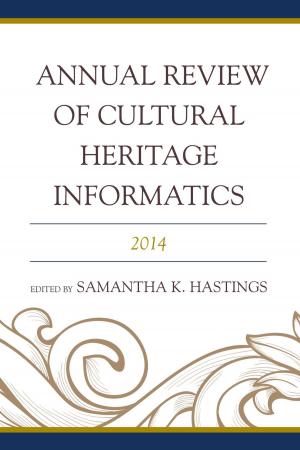Israel's Public Diplomacy
The Problems of Hasbara, 1966-1975
Nonfiction, History, Middle East, Israel, Social & Cultural Studies, Political Science, International, International Relations, Social Science| Author: | Jonathan Cummings | ISBN: | 9781442265998 |
| Publisher: | Rowman & Littlefield Publishers | Publication: | July 27, 2016 |
| Imprint: | Rowman & Littlefield Publishers | Language: | English |
| Author: | Jonathan Cummings |
| ISBN: | 9781442265998 |
| Publisher: | Rowman & Littlefield Publishers |
| Publication: | July 27, 2016 |
| Imprint: | Rowman & Littlefield Publishers |
| Language: | English |
Hasbara (explaining), the Israeli variant of public diplomacy, is the subject of endless domestic debate. Israel in the 1960s and 1970s saw many changes in its political and military international stage. This was a period of unusually intensive attention to the problems of hasbara, beginning with the appointment of Yisrael Galili as minister with responsibility for government communications and ending with the dismantling of the Ministry of Information in 1974, less than a year after it had been created. Israel had only been able to “muddle through,” and, at the end, there was no greater sophistication in Israeli thinking and no stronger administrative structure in spite of many organizational changes. Accessible to anyone interested in the history of Israel as well as political history and diplomacy, the book serves as a case study of how entrenched political culture can limit policy options and casts light on the emergence of public diplomacy as a feature of foreign policy.
Hasbara (explaining), the Israeli variant of public diplomacy, is the subject of endless domestic debate. Israel in the 1960s and 1970s saw many changes in its political and military international stage. This was a period of unusually intensive attention to the problems of hasbara, beginning with the appointment of Yisrael Galili as minister with responsibility for government communications and ending with the dismantling of the Ministry of Information in 1974, less than a year after it had been created. Israel had only been able to “muddle through,” and, at the end, there was no greater sophistication in Israeli thinking and no stronger administrative structure in spite of many organizational changes. Accessible to anyone interested in the history of Israel as well as political history and diplomacy, the book serves as a case study of how entrenched political culture can limit policy options and casts light on the emergence of public diplomacy as a feature of foreign policy.















